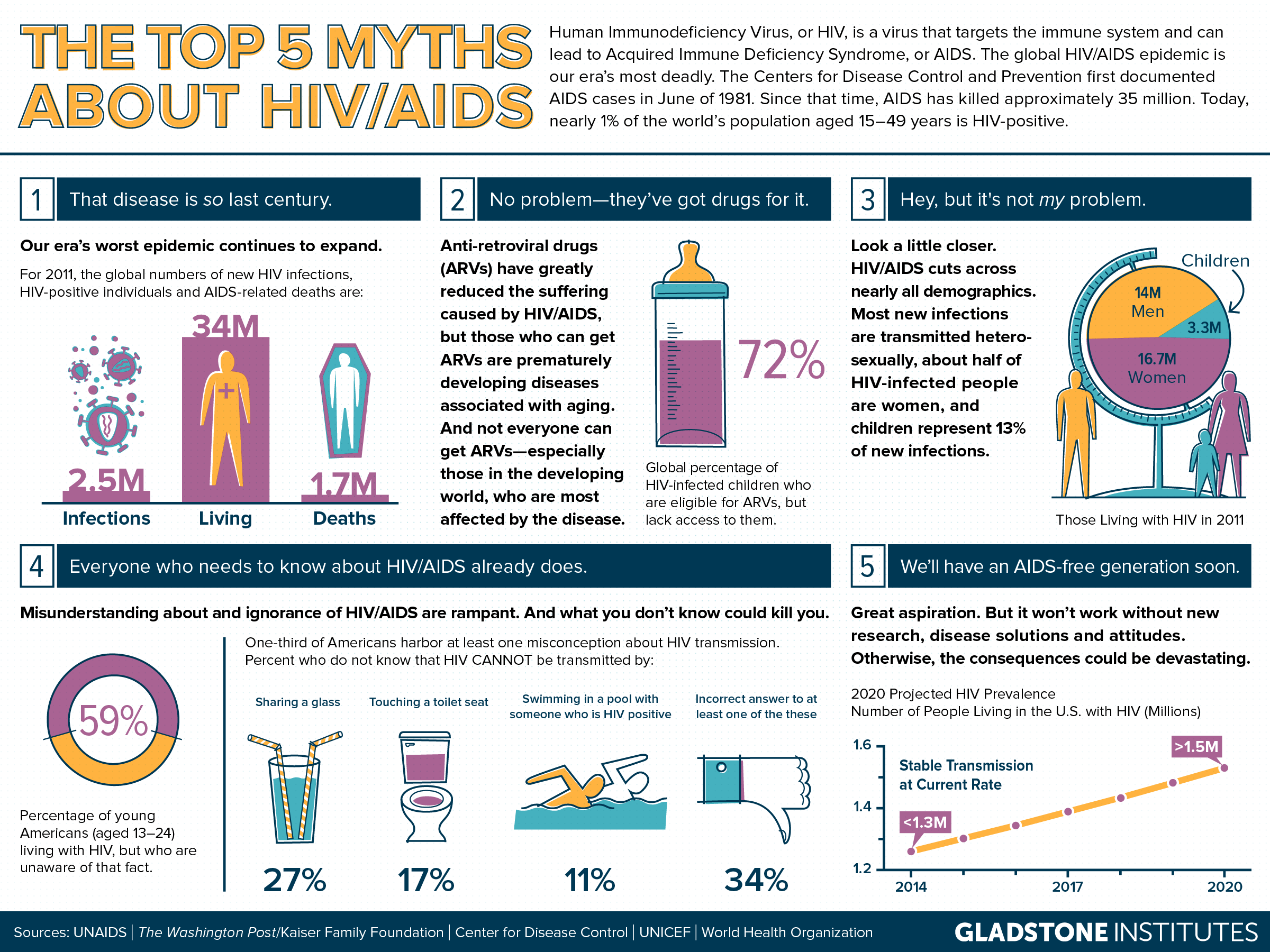
As a scientist, I've dedicated more than two decades of my career to stopping HIV/AIDS. And since the disease first emerged in 1981, we have made tremendous progress against it. But there's no better season than summertime -- as Pride events take place across the country -- to face facts. So while I do applaud the call from United Nations Secretary-General Ban Ki-moon to halt and reverse the spread of AIDS by 2015, I want to make it clear that so much needs to change between now and then to make that possible.
Not only does the number of those living with HIV continue to grow, but the very medications devised to treat HIV/AIDS, paradoxically, may now be inhibiting our fight to stop one of the deadliest epidemics ever to strike mankind. It was a medical milestone when combinations of antiretroviral medications (ARVs) became widely available more than a dozen years ago and began to block HIV's destruction of the human immune system. We all cheered as these wonder drugs significantly cut the death rate.
In a cruel twist of irony, however, our most important development in stemming the tide of HIV/AIDS may now be undermining our very efforts to put an end to the disease, once and for all. At the same time that potent ARVs are a biomedical triumph of modern medicine, their very success has given many people the impression that the disease is a plague of the past. This impression, which is both false and destructive, has lulled people into a sense of near complete complacency. The percent of Americans who name HIV/AIDS as the most urgent health problem facing the nation dropped to 10 percent in 2012, down from 68 percent in 1987. This so-called AIDS fatigue has led to a lack of awareness of disease trends, prevention methods, and the sobering facts about ARVs.
Consider some of the facts: In 2011, the number of people living with HIV around the world rose to 34 million, up from 29.4 million a decade earlier as the virus infected an additional 2.5 million people in 2011 alone. New infections among young gay and bisexual men in the United States, meanwhile, increased a full 22 percent from 2007 to 2010. Think of it -- a full 22 percent increase in HIV infections here.
Certainly ARVs exist to help the newly infected. But those with HIV must know several things before they can benefit from their life-saving properties. First, they must realize that they carry the virus -- and many don't. In 2009, for example, nearly 60 percent of HIV-positive Americans aged 13 to 24 were unaware of the fact that they were infected. ARVs have worked so well that many seem to have dropped their guard, forgetting how important prevention and testing are.
And knowledge of the infection is only the first step -- using ARVs comes next. In 2011 in the United States, only a third of HIV-positive people had been prescribed ARVs. That means two-thirds may have been spreading the disease to others.
Finally, those living with HIV should know that many people taking ARVs wind up, later, suffering prematurely from diseases that usually occur in aging populations, such as cardiovascular disease, dementia, and liver disease.
None of these challenges are going to stop on their own--making it critical to realize just how much current trends, habits and misperceptions must change before we can really stop this disease. If current U.S. statistical trends continue, for example, the number of people living with HIV could increase as much as 38 percent from 2010 to 2020.
As communities across the country gather for this summer's Pride events, we must all make an extraordinary effort to play our part in ending HIV/AIDS. We must increase public knowledge of the disease, how to prevent it, when to get tested and when to get drugs if one becomes infected. And we must all do more to support research to develop new and better solutions for preventing, treating and ultimately curing HIV/AIDS.
The fight isn't over. We don't have a vaccine, we don't have a cure, and we don't understand why those on ARVs are succumbing early to non-AIDS illnesses associated with aging. If we are to enjoy a full sense of accomplishment, one day, for changing all of this and stopping one of the worst epidemics in recorded human history, we need to face facts about the urgent need for renewed awareness and new solutions. We are going to stop HIV/AIDS, but we're not there yet.
